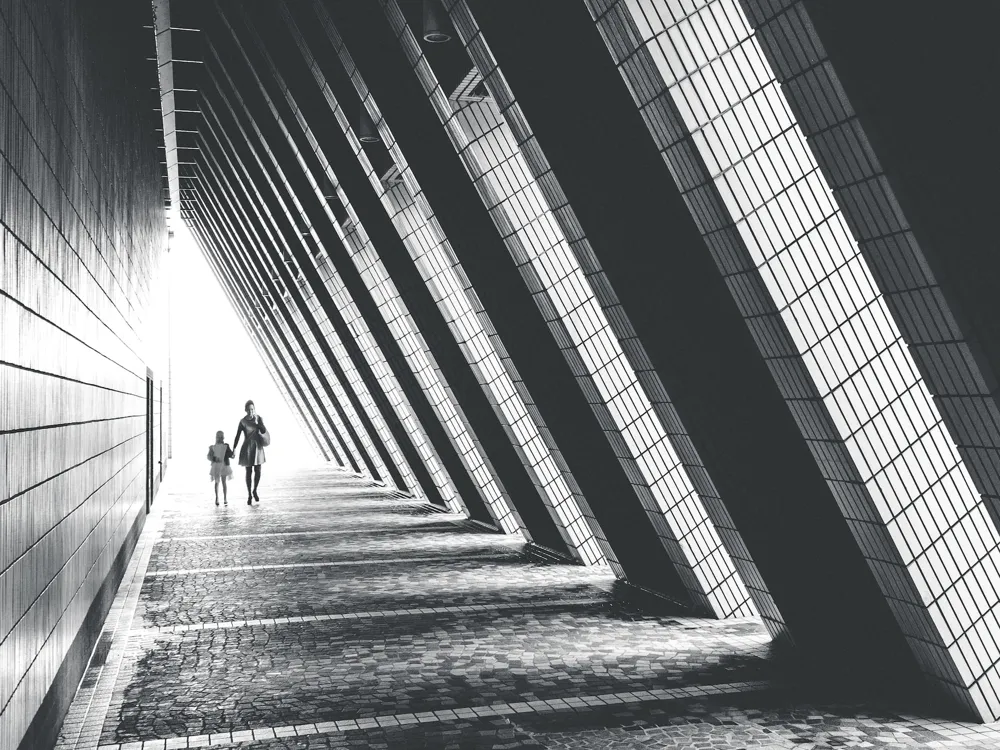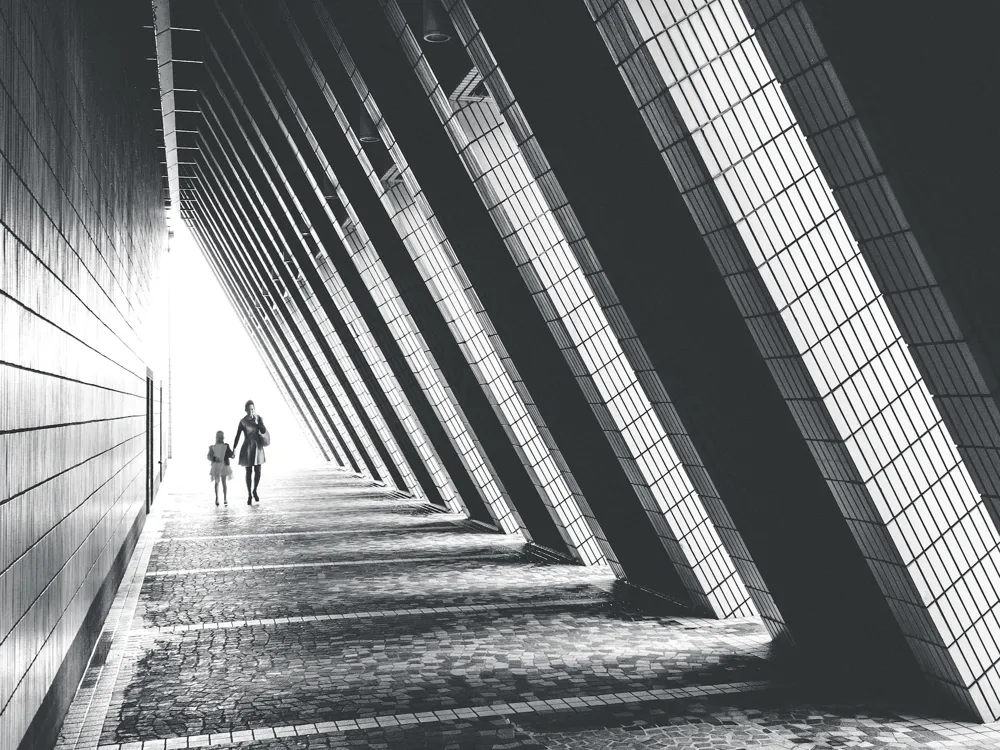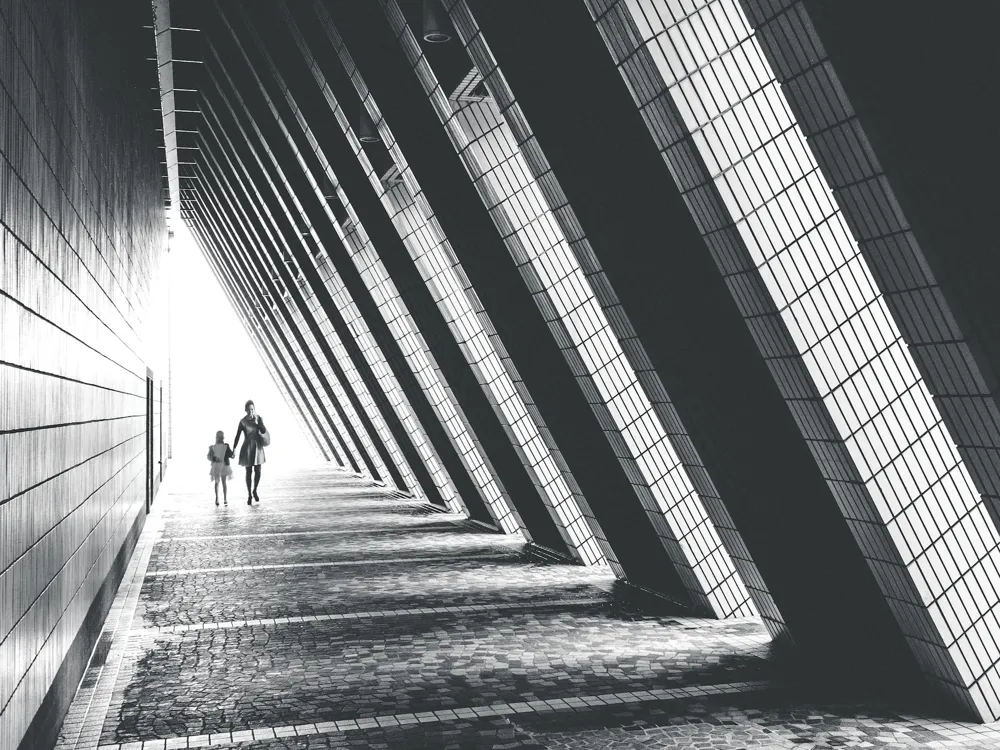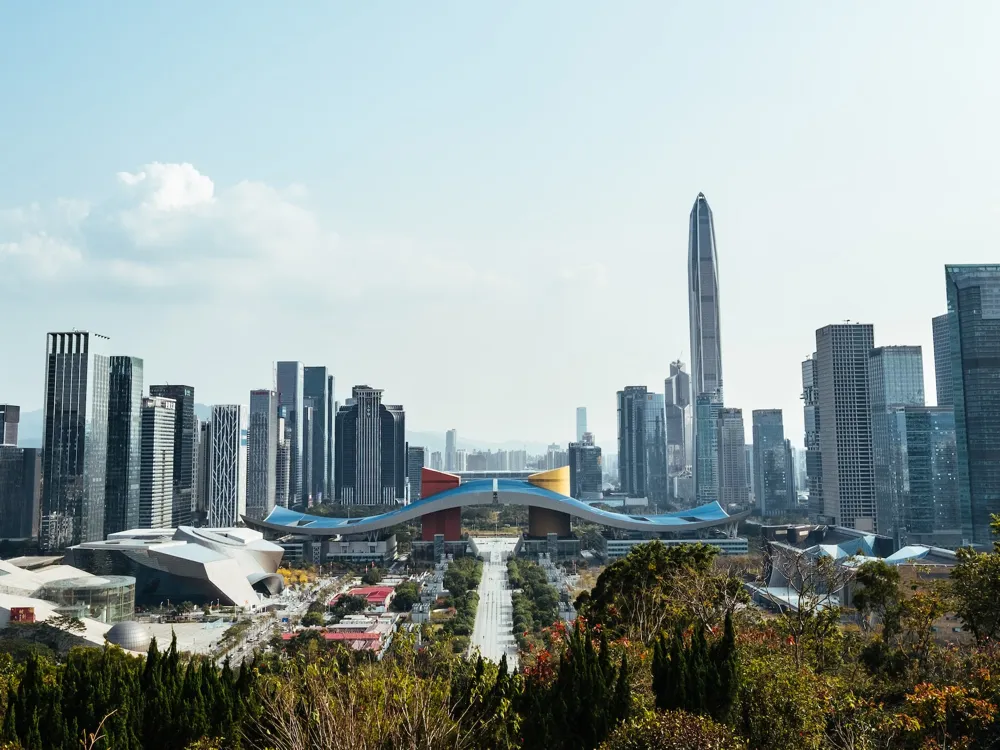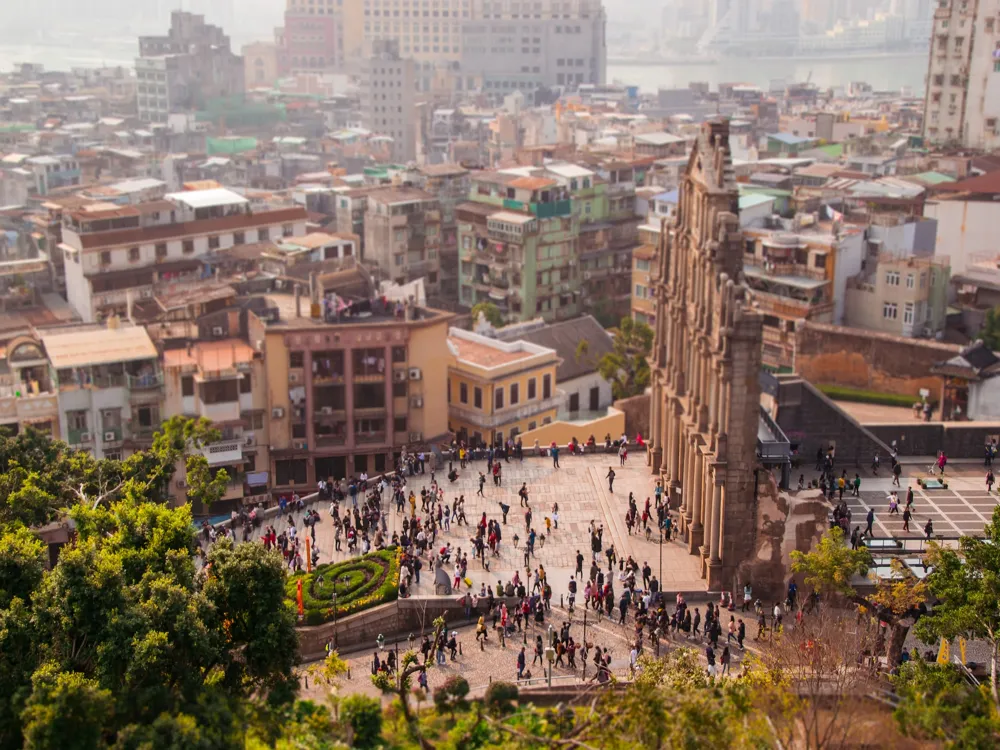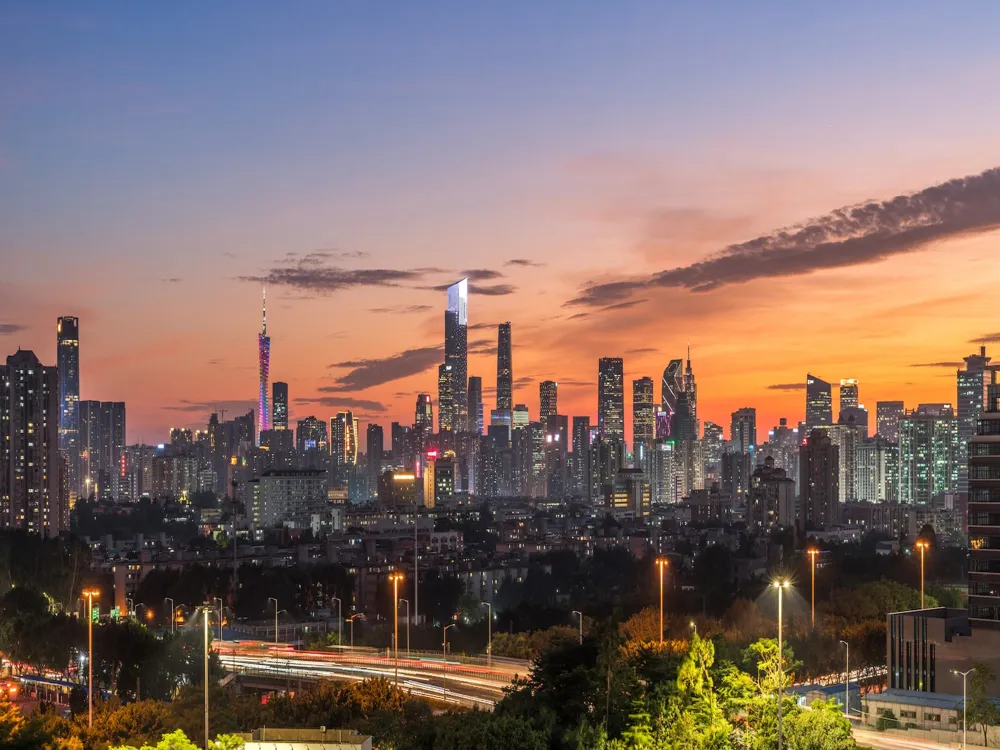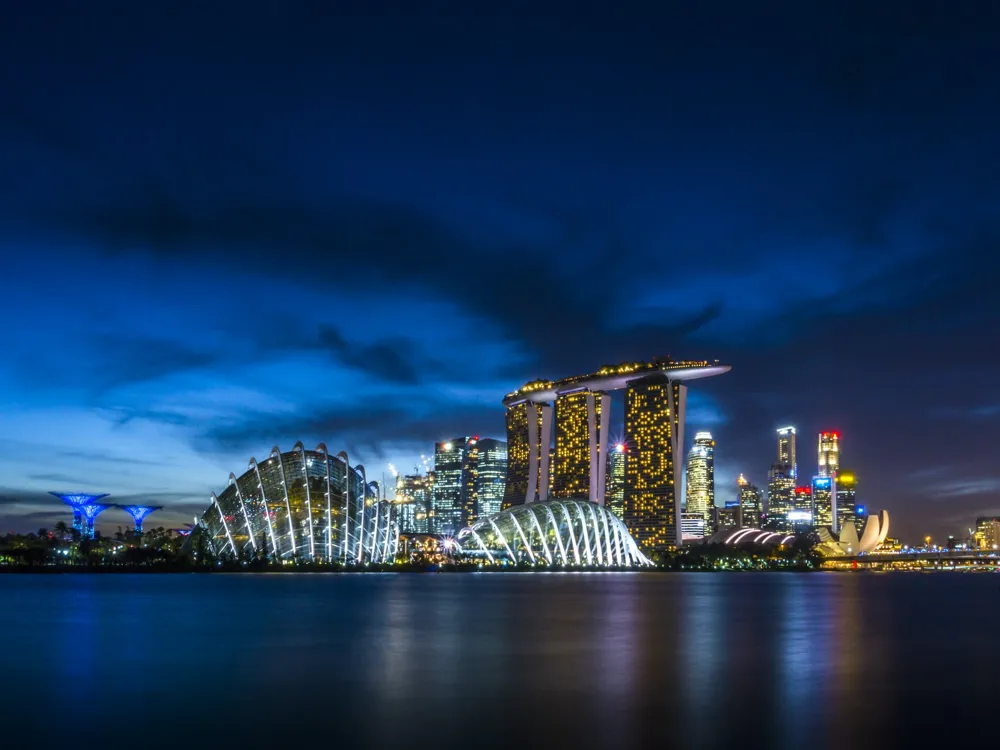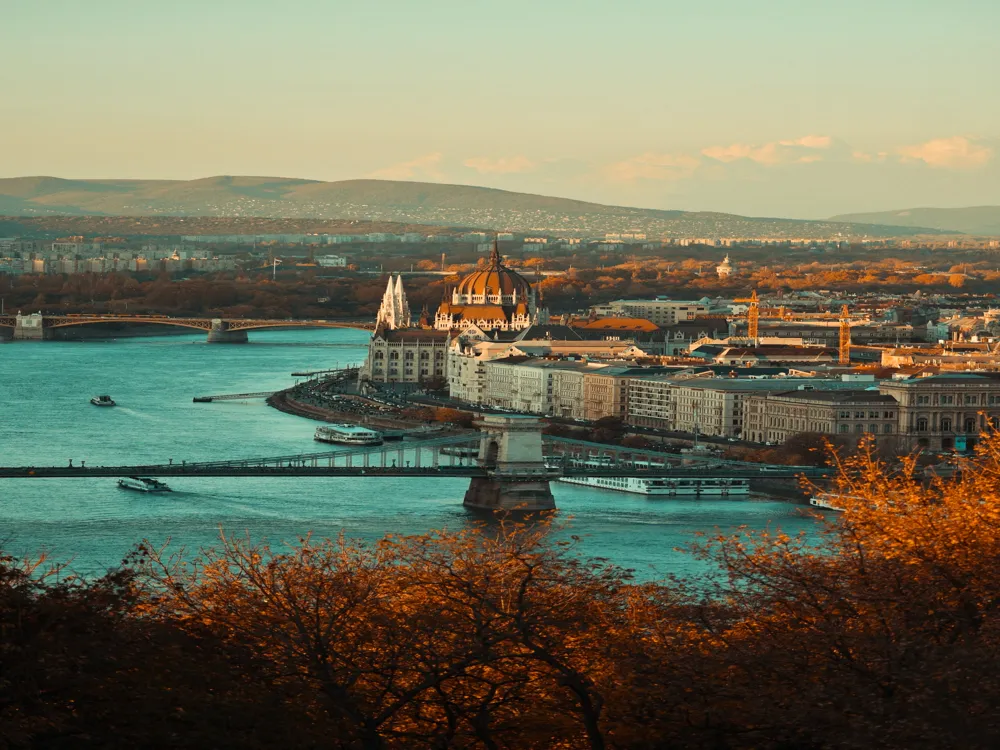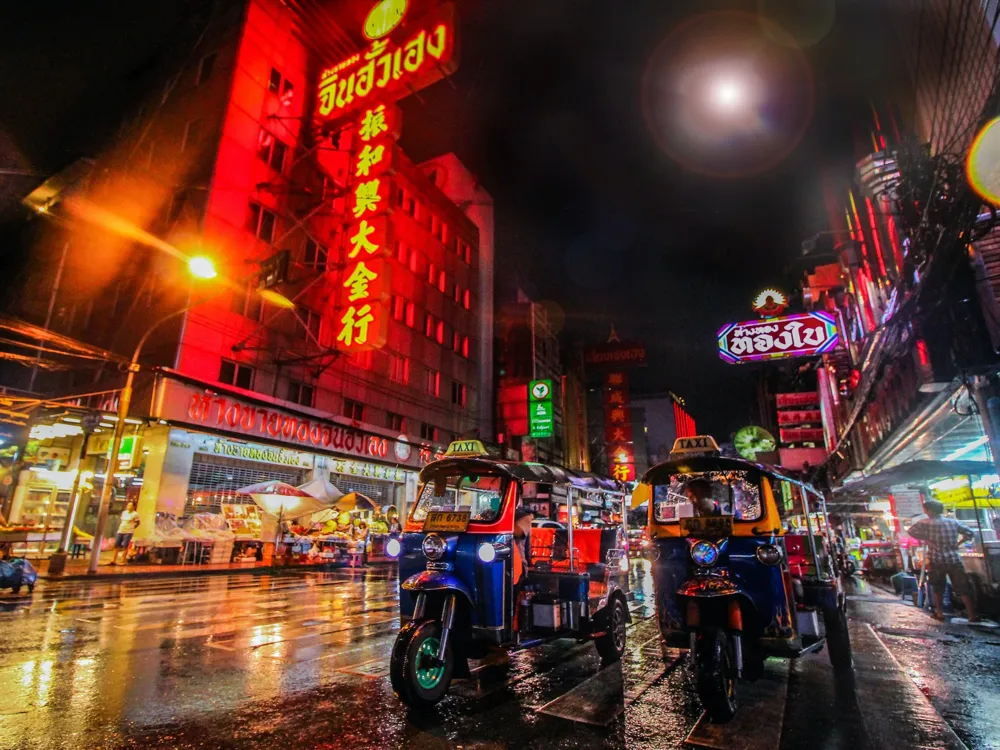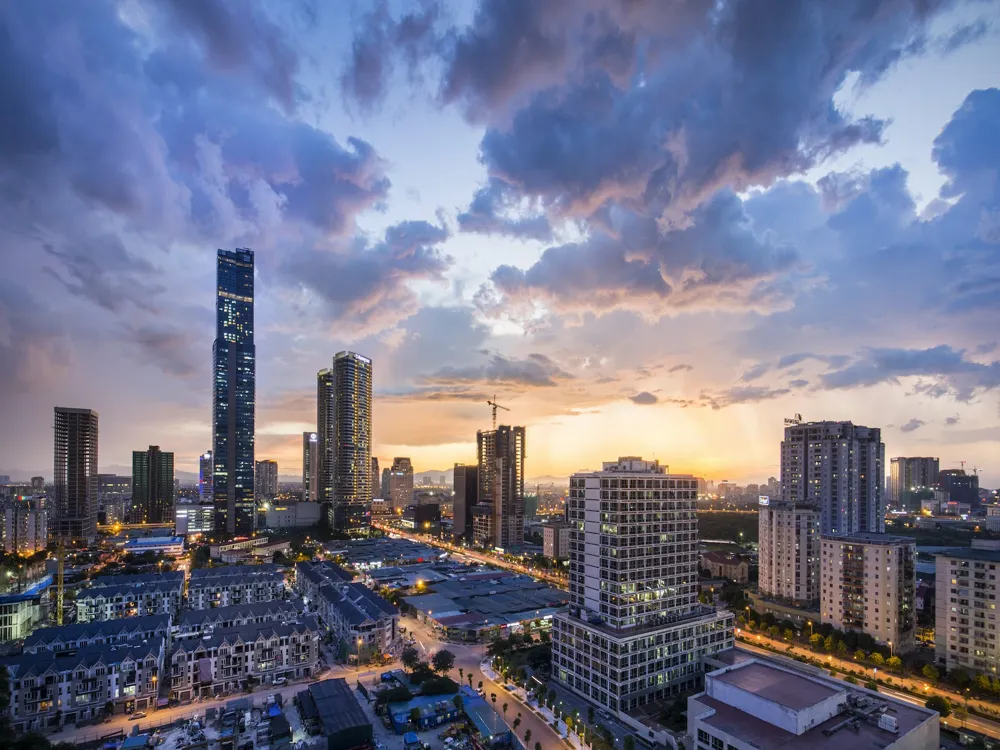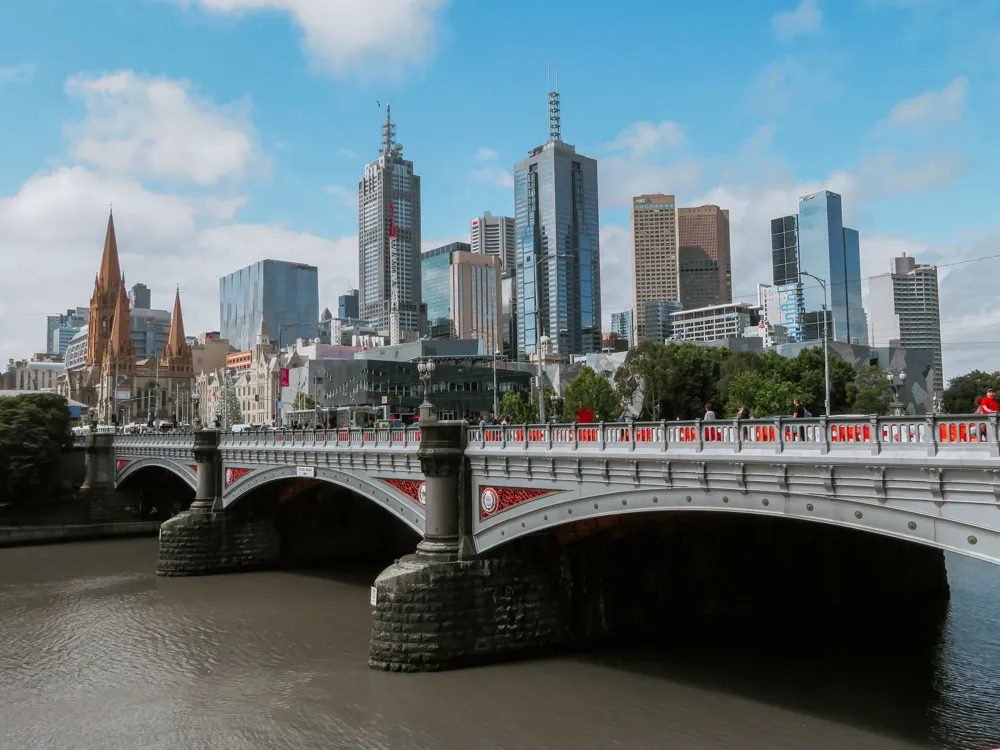The Hong Kong Coliseum, often hailed as a distinctive architectural marvel, stands proudly in the heart of Hong Kong, symbolizing the city's cultural dynamism. Since its inauguration in 1983, this multi-purpose indoor arena has been a focal point for international and local events, ranging from sports tournaments to concerts and cultural performances. The Coliseum, affectionately known as the 'Hung Hom Coliseum' due to its location in the Hung Hom Bay area, boasts a seating capacity of over 12,000, making it one of the largest of its kind in Hong Kong. Not just a venue for entertainment and sports, the Hong Kong Coliseum also serves as a vibrant hub of cultural exchange, hosting an array of events that reflect the diverse nature of Hong Kong's society. From pop concerts featuring international stars to traditional Chinese operas, the Coliseum's versatile nature accommodates all. This arena is not only a testament to Hong Kong's commitment to cultural development but also stands as a beacon of inspiration, showcasing the city's ability to blend modernity with tradition. Moreover, the Hong Kong Coliseum has played a significant role in the city's development. It has been instrumental in promoting Hong Kong as a premier destination for major international events, contributing significantly to the local economy. Its state-of-the-art facilities and strategic location, coupled with Hong Kong's robust transportation network, make it an ideal venue for high-profile events. As a result, the Coliseum has become an iconic landmark, not just for its architectural grandeur but also for its contribution to the cultural and economic fabric of Hong Kong. The architecture of the Hong Kong Coliseum is a blend of modern design and functional aesthetics, making it a landmark not only in Hong Kong but also in the world of architectural design. Designed by renowned architect Mr. Alexander Skirving Gordon, the building features a unique inverted pyramid shape that has become synonymous with Hong Kong's skyline. This design is not only visually striking but also serves a practical purpose, enhancing the acoustic quality within the arena and providing unobstructed views for the audience. The design's ingenuity lies in its ability to combine form and function seamlessly. The structure's exterior is adorned with geometric patterns and a vibrant color scheme that reflects Hong Kong's energetic and dynamic character. Inside, the Coliseum is equipped with state-of-the-art sound and lighting systems, ensuring an immersive experience for attendees. The arena's seating arrangement, designed for optimum visibility, can be reconfigured to accommodate various types of events, from concerts to sports competitions. Sustainability and environmental considerations were also integral to the Coliseum's design. The building incorporates energy-efficient systems and materials, reflecting Hong Kong's commitment to environmental conservation. The use of natural light and ventilation reduces energy consumption, while the selection of sustainable materials minimizes the environmental impact. The Hong Kong Coliseum, thus, stands not only as an architectural masterpiece but also as a symbol of sustainable and responsible design. Before planning your visit, check the event schedule of the Hong Kong Coliseum to ensure that your trip coincides with the events you wish to attend. Many events, especially popular concerts and sports tournaments, sell out quickly, so it's advisable to book your tickets well in advance to avoid disappointment. Hong Kong Coliseum is well-connected by public transport, including MTR (Mass Transit Railway), buses, and taxis. The nearest MTR station is Hung Hom Station, which is within walking distance. If you're driving, be aware that parking space is limited and can be quite busy during major events, so consider using public transport instead. A variety of dining options are available around the Hong Kong Coliseum, from fast-food joints to fine-dining restaurants. Exploring nearby areas like Tsim Sha Tsui can provide a wider range of culinary experiences, catering to all tastes and budgets. For those looking to stay close to the venue, there are numerous accommodation options in the vicinity of the Hong Kong Coliseum. From luxury hotels to budget-friendly hostels, visitors can find suitable lodging within a short distance from the arena. When visiting the Hong Kong Coliseum, it's important to respect local customs and adhere to any specific regulations of the venue. This includes maintaining decorum during performances, respecting the seating arrangements, and following any security protocols in place. Reaching the Hong Kong Coliseum is convenient, thanks to the city's efficient public transportation system. The most direct way is via the MTR, with the nearest station being Hung Hom Station on the East Rail Line. This station is just a few minutes walk from the Coliseum, providing easy access for visitors. Additionally, numerous bus routes serve the area around the Coliseum, making it accessible from various parts of the city. For those preferring a more personal mode of transportation, taxis are readily available throughout Hong Kong. For international visitors, the Hong Kong Coliseum is easily accessible from the Hong Kong International Airport. The Airport Express train connects the airport to Kowloon Station, from where you can transfer to the MTR to reach Hung Hom Station. Alternatively, direct buses and taxis can provide more direct routes to the Coliseum from the airport. Read More:Overview of Hong Kong Coliseum
Architecture of Hong Kong Coliseum
Tips When Visiting Hong Kong Coliseum
Check Event Schedules and Book in Advance
Transportation and Parking
Dining Options
Accommodation Nearby
Respect Local Customs and Regulations
How To Reach Hong Kong Coliseum
Hong Kong Coliseum
Hong Kong
NaN onwards
View hong-kong Packages
Hong-kong Travel Packages
View All Packages For Hong-kong
Top Hotel Collections for Hong-kong

Private Pool

Luxury Hotels

5-Star Hotels

Pet Friendly
Top Hotels Near Hong-kong
Other Top Ranking Places In Hong-kong
View All Places To Visit In hong-kong
View hong-kong Packages
Hong-kong Travel Packages
View All Packages For Hong-kong
Top Hotel Collections for Hong-kong

Private Pool

Luxury Hotels

5-Star Hotels

Pet Friendly







